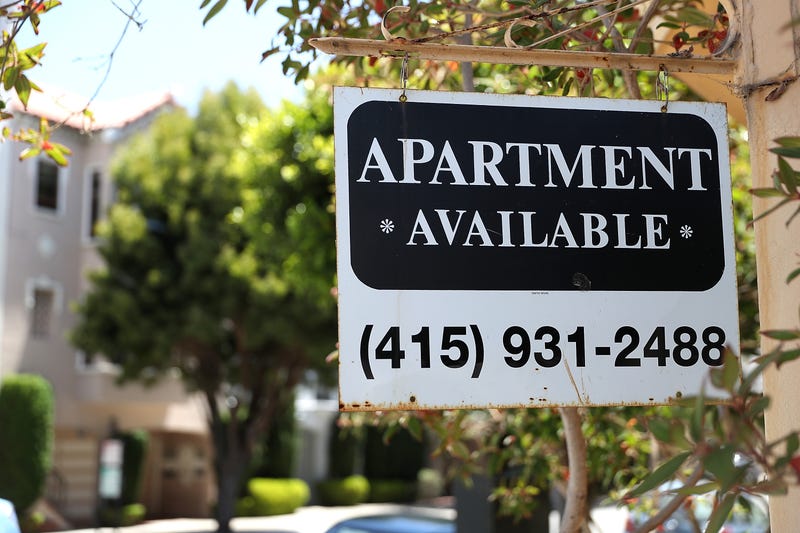
SAN FRANCISCO (KCBS RADIO) – The average San Jose resident would need to work nearly 80 hours per week in order to afford rent in the city and the average San Francisco resident almost 65 hours per week, according to a new study.
For more, stream KCBS Radio now.
The financial technology company SmartAsset used median earnings and rental data from the U.S. Census Bureau's 2020 American Community Survey to examine the 25 largest cities in the country, assuming the average worker was a single filer who took the standard tax deduction and didn't contribute to a retirement fund.
In order to afford San Jose's median monthly rent of $2,232, the average worker taking home $40,300 in pay would have to work 77.2 hours per week. The median worker in San Francisco, who earns $50,104 in take-home pay according to census data,
Currently, eight hours constitutes a day's worth of work for nonexempt employees under California law, and 40 constitutes a week. Based on SmartAsset's study, the average San Jose worker would need to perform two weeks worth of work in order to afford the median apartment, and the average San Francisco worker 1.5.
Of the five cities requiring the most hours of work to afford the median monthly rent, four were in California: San Jose (No. 1), Los Angeles (No. 2; 72.3 hours per week), San Diego (No. 3, 72.2 hours per week) and San Francisco (No. 4). Boston rounded out the top five (68.1).
SmartAsset's study follows U.S. Census Bureau findings last September that a nation-leading average of 15.4% of Californians lived in poverty between 2018 and 2020, and it coincides with the state's intertwined housing and homelessness crises exacerbated by the COVID-19 pandemic.
San Jose experienced an 11% increase in overall homelessness between 2019 and 2022, according to the most recent point-in-time census, while San Francisco’s overall homelessness decreased by 3.5%. San Jose issued 150 of its 1,153 residential building permits for affordable apartments in the first quarter of this year, according to city data, while the San Francisco Chronicle reported last month that San Francisco's planning department processed applications for three projects with 62 units during the first four months of 2022.
DOWNLOAD the Audacy App
SIGN UP and follow KCBS Radio
Facebook | Twitter | Instagram

